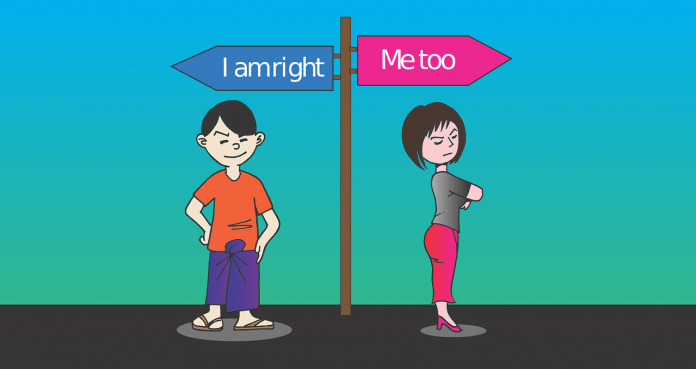
Dogmatic individuals hold confidently to their beliefs, even when experts disagree and evidence contradicts them. New research help explain the extreme perspectives, on religion, politics and more, that seem increasingly prevalent in society.
Two studies examine the personality characteristics that drive dogmatism in the religious and nonreligious. They show there are both similarities and important differences in what drives dogmatism in these two groups.
In both groups, higher critical reasoning skills were associated with lower levels of dogmatism. But these two groups diverge in how moral concern influences their dogmatic thinking.
“It suggests that religious individuals may cling to certain beliefs, especially those which seem at odds with analytic reasoning, because those beliefs resonate with their moral sentiments,” said Jared Friedman, a PhD student in organizational behavior and co-author of the studies at Case Western Reserve University.
“Emotional resonance helps religious people to feel more certain — the more moral correctness they see in something, the more it affirms their thinking,” said Anthony Jack, associate professor of philosophy and co-author of the research. “In contrast, moral concerns make nonreligious people feel less certain.”
This understanding may suggest a way to effectively communicate with the extremes, the researchers say. Appealing to a religious dogmatist’s sense of moral concern and to an anti-religious dogmatist’s unemotional logic may increase the chances of getting a message through — or at least some consideration from them.
The research is published in the Journal of Religion and Health.
Extreme positions
While more empathy may sound desirable, untempered empathy can be dangerous, Jack said. “Terrorists, within their bubble, believe it’s a highly moral thing they’re doing. They believe they are righting wrongs and protecting something sacred.”
The studies, based on surveys of more than 900 people, also found some similarities between religious and non-religious people. In both groups the most dogmatic are less adept at analytical thinking, and also less likely to look at issues from other’s perspectives.
In the first study, results showed religious participants as a whole had a higher level of dogmatism, empathetic concern and prosocial intentions, while the nonreligious performed better on the measure of analytic reasoning. Decreasing empathy among the nonreligious corresponded to increasing dogmatism.
The second study, which included 210 participants repeated much of the first but added measures of perspective-taking and religious fundamentalism.
The more rigid the individual, whether religious or not, the less likely he or she would consider the perspective of others. Religious fundamentalism was highly correlated with empathic concern among the religious.
Two brain networks
The researchers say the results of the surveys lend further support to their earlier work showing people have two brain networks — one for empathy and one for analytic thinking — that are in tension with each other. In healthy people, their thought process cycles between the two, choosing the appropriate network for different issues they consider.
But in the religious dogmatist’s mind, the empathetic network appears to dominate while in the nonreligious dogmatist’s mind, the analytic network appears to rule.
While the studies examined how differences in worldview of the religious vs. the non religious influence dogmatism, the research is broadly applicable. Dogmatism applies to any core beliefs, from eating habits — whether to be a vegan, vegetarian or omnivore — to political opinions and beliefs about evolution and climate change. The authors hope this and further research will help improve the divide in opinions that seems increasingly prevalent.





































